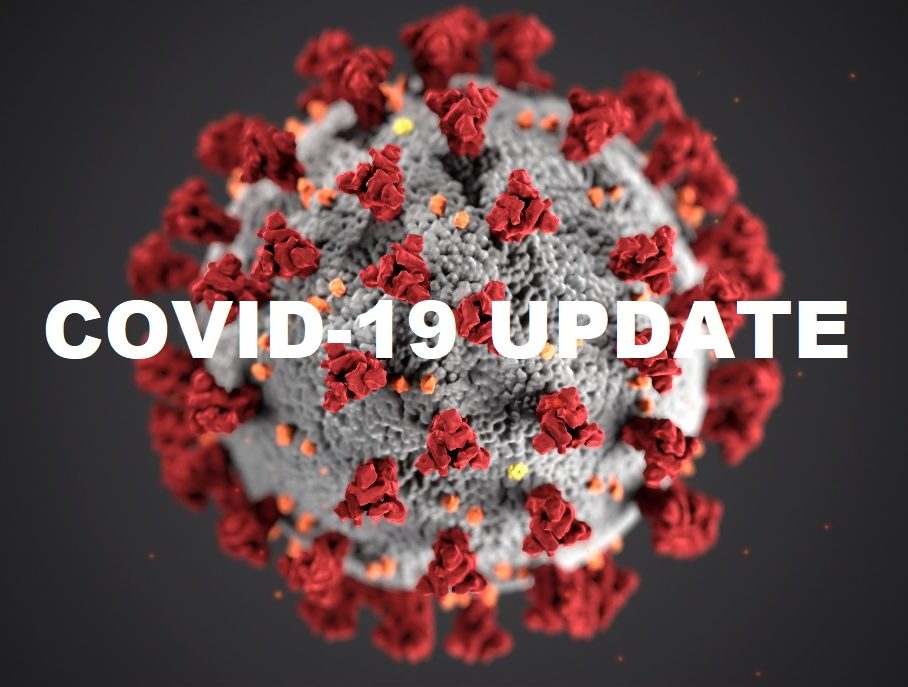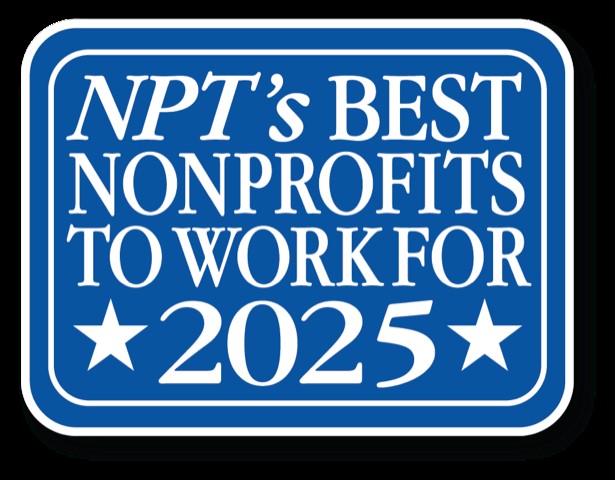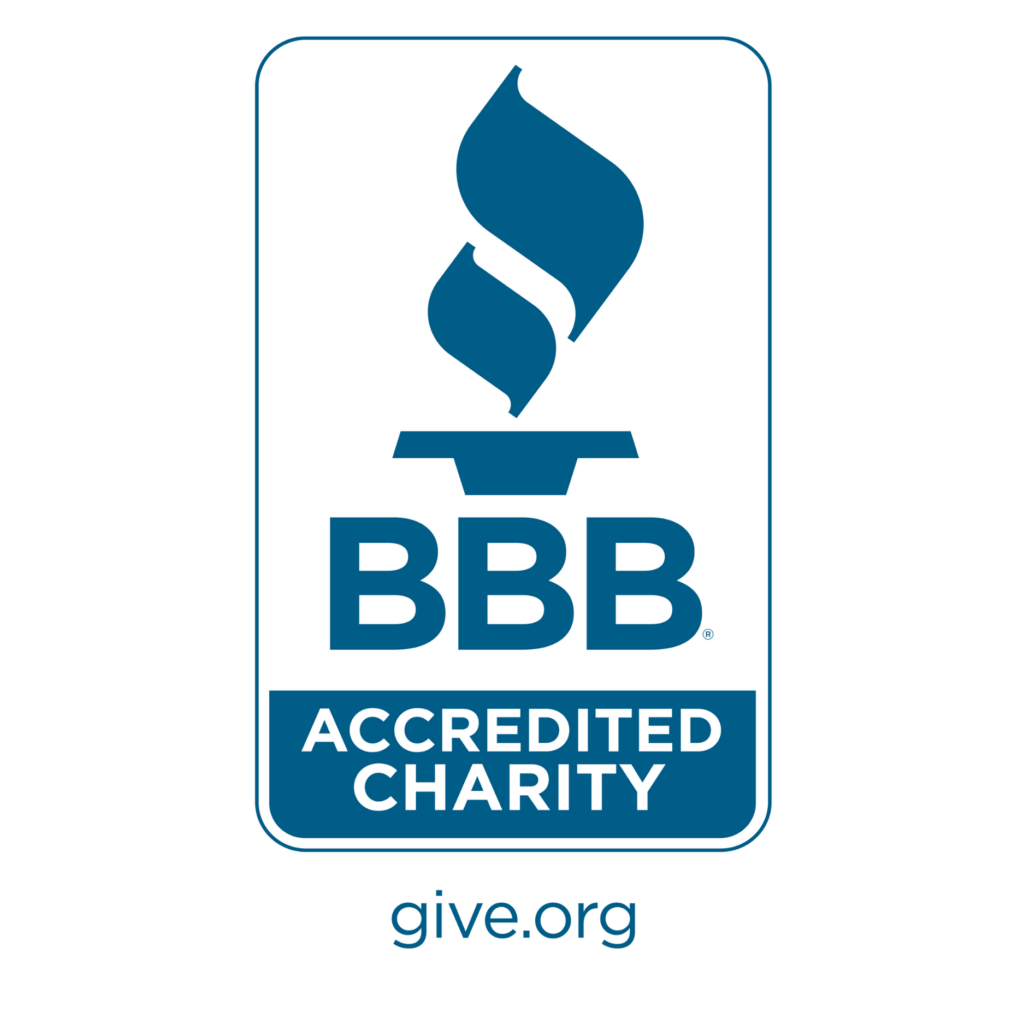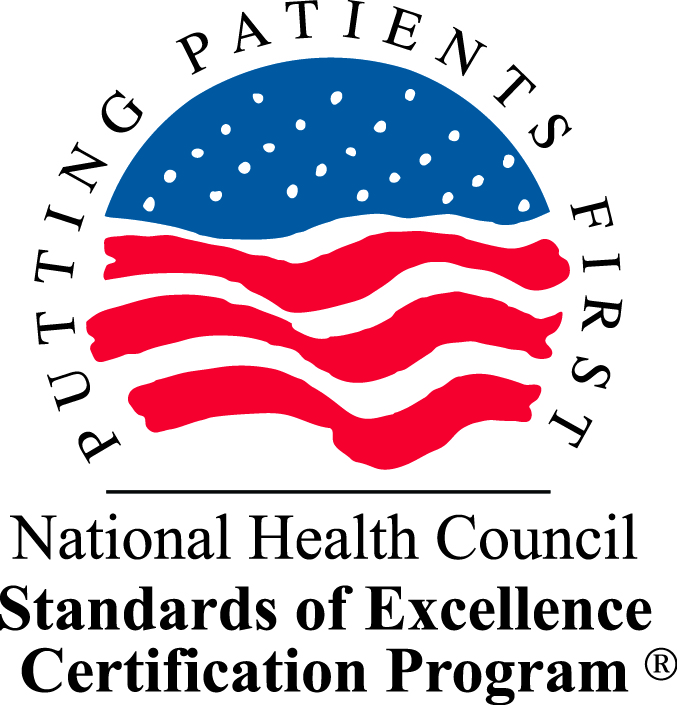
The Marfan Foundation, in collaboration with our Professional Advisory Board (PAB), continues to monitor the news regarding COVID-19 and wants to provide updated information for our community. We would like to reaffirm the recommendations issued by the Centers for Disease Control and Prevention (CDC) regarding the virus and want to add specific information for the Marfan, VEDS, and LDS syndrome communities and those with other genetic aortic conditions.
On March 10, the CDC released new guidelines for people at risk of serious illness with the coronavirus. The Professional Advisory Board has further defined who in our population may indeed be more susceptible because not all people with Marfan, VEDS, and LDS are at equal risk due to individual variability.
The Foundation’s Professional Advisory Board asserts the following.
Higher Risk
People with genetic aortic conditions who also have significant lung disease should consider themselves at high risk and employ the highest protective strategies to try to prevent infection.
This group includes individuals with any of the following lung diagnoses:
- Restrictive lung disease
- Emphysema
- Significant asthma (requiring chronic medications or hospitalization)
- Chronic obstructive pulmonary disease (COPD)
- Respiratory insufficiency
- Recurrent pneumothoraces
People with genetic aortic conditions at higher risk, as explained above, are advised to get flu (influenza) and pneumonia (pneumococcal polysaccharide vaccine, PPSV, also known as known as Pneumovax 23, PPV-23) vaccines and to follow all the protective strategies outlined in the newly released CDC guidelines for patients with chronic illness.
People with genetic aortic conditions are also at higher risk with COVID-19 if they have any of the following cardiovascular diagnoses:
- Significant valve regurgitation (causing symptoms or requiring medications)
- Heart failure
- Cardiac (ventricular) dysfunction (causing symptoms or requiring frequent monitoring or medications)
- Hypertension
- Among ACTA2 patients, the only group that is at a higher risk are children and young adults with ACTA2 alterations that disrupt arginine 179, referred to as smooth muscle dysfunction syndrome
Selected patients with vascular connective tissue disorders can have additional associated conditions that could impose higher risk with COVID-19. These include:
- Chronic malnutrition
- Inflammatory bowel disease requiring use of immunosuppressants
- Other diseases requiring chronic use of steroids or other immunosuppressive drugs
- We suspect that any person with VEDS that has experienced coughing up blood due to lung hemorrhage is at higher risk of pulmonary complications if infected with COVID-19. Additionally, even in the absence of lung hemorrhage, infection by COVID-19 is known to cause shortness of breath, significant cough, and difficulty breathing, although in some cases, the infected patient is asymptomatic. We do not have COVID-19 specific data specific to VEDS patients.
You should discuss any of your personal chronic conditions with your primary care doctor to determine if they might increase the risks associated with COVID-19.
Not at Higher Risk
People with genetic aortic conditions with none of the previously mentioned conditions whose cardiovascular features are an isolated aortic root dilation or aneurysm are not considered at higher risk than the general population.
- People who have had open heart surgery to replace their aortic root (with either valve-sparing, mechanical graft or porcine valves) should be at a similar risk as the general population, as long as there is no significant valve regurgitation, no significant cardiac dysfunction, and it has been at least six months since the surgery and they have fully recovered.
- People with chronic but stable dissections (greater than one year) without organ dysfunction (liver, kidney, heart), should also be at a similar risk as the general population. Those with recent chronic dissections, should consider themselves in the high risk category.
You should discuss any other chronic conditions with your primary care doctor to determine if they might increase the risks associated with COVID-19.
Medications
Recent reports have raised concerns that ACE inhibitors and angiotensin receptor blockers (ARBs), such as losartan, Irbesartan, valsartan or telmisartan, may increase risks for infection or illness due to infection by COVID-19. We currently do not know if ARBs are harmful or protective in people who are exposed to COVID-19. However, abrupt discontinuation of ARBs can make hypertension worse and may trigger acute arterial dissections in people with heritable vascular diseases. Therefore, we strongly advise that people who take ARBs regularly should continue to take them without interruption.
Protective Strategies
People with genetic aortic conditions at higher risk, as explained above, are advised to get flu (influenza) and pneumonia (pneumococcal polysaccharide vaccine, PPSV, also known as known as Pneumovax 23, PPV-23) vaccines and to follow all the protective strategies outlined in the newly released CDC guidelines for patients with chronic illness.
The PAB suggests that people with genetic aortic conditions report symptoms to their primary care provider as soon as they experience them to assure prompt testing and immediate treatment.
Treatment for Flu, COVID-19, and other Potentially Severe Infectious Respiratory Illnesses
- Seek medical attention to get appropriate testing.
- If your physician thinks that your respiratory symptoms could be helped by antibiotics, do not take fluoroquinolones, a commonly prescribed class of antibiotics, if there are suitable alternatives or unless advised by an infectious disease specialist. These drugs should not be used in people with certain genetic conditions that are associated with aortic aneurysms and dissections such as Marfan syndrome and other genetic aortic conditions. The antibiotics in this class are: Avelox, Cipro, Factive, Levaquin, and Ofloxacin.
- Choose a cold medication designed for people who have high blood pressure. Some cold medications do not contain decongestants. However, these medications may contain other powerful drugs, such as dextromethorphan, that can be dangerous if you take too much. Follow the dosing instructions carefully.
- Avoid over-the-counter decongestants and multi-symptom cold remedies that contain decongestants, such as pseudoephedrine, ephedrine, phenylephrine, naphazoline and oxymetazoline.
- Take a pain reliever such as acetaminophen to relieve a fever, sore throat, headache, or body aches.
- To relieve nasal congestion, try saline nasal spray. The spray can help flush your sinuses.
- Soothe your throat. To relieve a sore or scratchy throat, gargle with warm salt water or drink warm water with lemon juice and honey.
- Drink plenty of fluids. Water, juice, tea, and soup can help clear your lungs of phlegm and mucus.
- Increase the humidity in your home. Use a cool-mist humidifier or vaporizer to moisten the air, which may ease congestion and coughing.
- Get plenty of rest. If you are not feeling well, take it easy.
For a discussion of this statement and answers to common questions from our community, please view the recording of our recent webinar, presented by three esteemed members of our Professional Advisory Board, Dr. Juan Bowen (Mayo Clinic), Dr. Shaine Morris (Texas Children’s Hospital), and Dr. Enid Neptune (Johns Hopkins).






